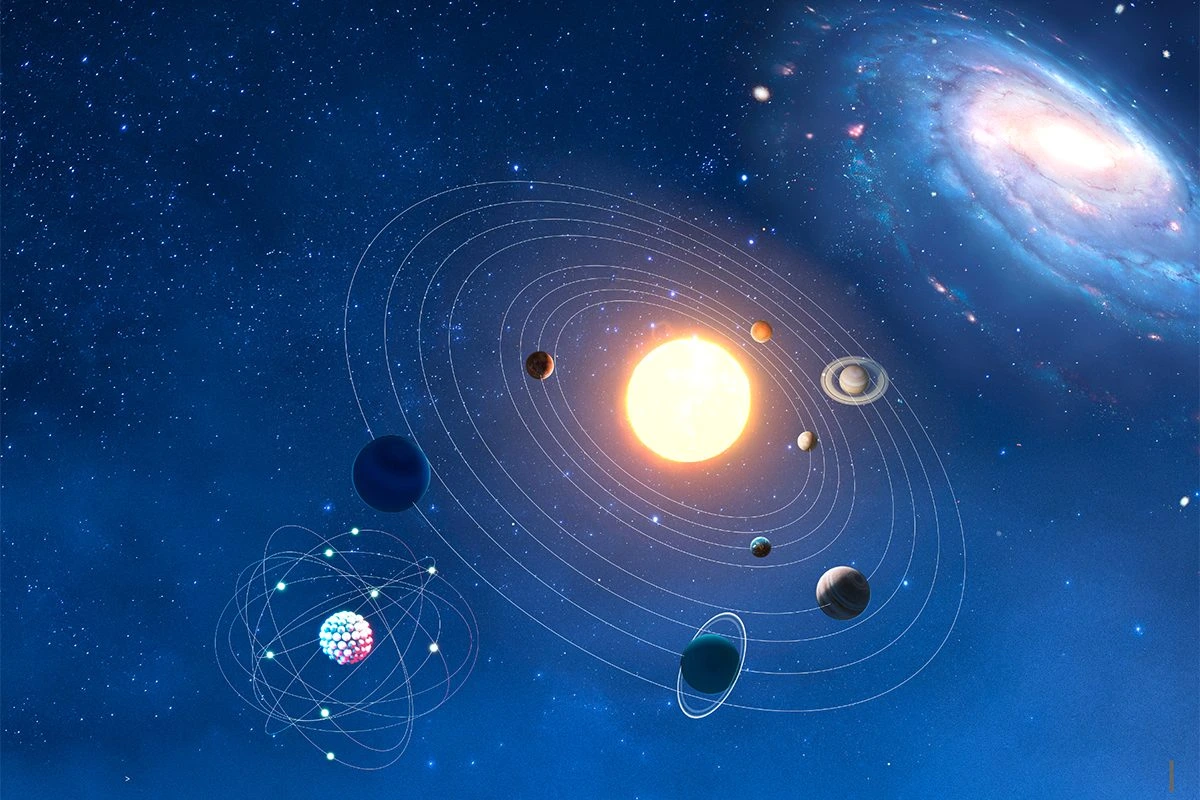
Exploring the Cosmos: Navigating Your Path with an Astronomy Degree
Embarking on an astronomy degree is a journey into the cosmos, exploring the mysteries of the universe and our place within it. This field combines rigorous scientific inquiry with profound curiosity, offering insights into celestial phenomena and the fundamental laws governing space and time. This comprehensive guide delves into the essence of astronomy, the curriculum of an astronomy degree, preparatory steps for prospective students, career opportunities post-graduation, and notable individuals who have studied astronomy.
What is Astronomy?
Astronomy is the scientific study of celestial objects, space, and the universe as a whole. It encompasses the observation and analysis of stars, planets, galaxies, and cosmic events, aiming to understand their origins, evolution, and physical properties. As one of the oldest sciences, astronomy has evolved from ancient stargazing to a sophisticated discipline utilizing advanced technology and theoretical models to unravel the cosmos's complexities.
What Do You Learn in an Astronomy Degree?
Pursuing an astronomy degree provides a comprehensive education in both theoretical concepts and practical applications. The curriculum typically includes:
-
Foundational Sciences: Courses in physics and mathematics form the backbone of astronomical studies, equipping students with the tools to analyze and interpret celestial phenomena.
-
Observational Techniques: Training in the use of telescopes and other instruments, along with data acquisition and analysis methods, is essential for practical astronomy.
-
Astrophysics: Exploration of the physical principles governing stars, galaxies, and the interstellar medium.
-
Cosmology: Study of the universe's origin, structure, evolution, and ultimate fate.
-
Planetary Science: Examination of planets within our solar system and exoplanetary systems, including their formation and characteristics.
-
Stellar Dynamics and Evolution: Understanding the life cycles of stars, from their formation to their demise.
Laboratory work and field observations are integral components, allowing students to apply theoretical knowledge to real-world data. Many programs also offer opportunities for research projects, fostering critical thinking and problem-solving skills.
Preparing for an Astronomy Degree
Aspiring astronomy students should cultivate a strong foundation in sciences and mathematics during their pre-university education. Key preparatory steps include:
-
Advanced Coursework: Engage in advanced classes in physics, mathematics (particularly calculus), and chemistry to build the necessary analytical skills.
-
Computer Proficiency: Familiarity with programming languages and software used in data analysis is increasingly important in modern astronomy.
-
Extracurricular Activities: Participate in science clubs, astronomy societies, or amateur stargazing groups to gain practical experience and nurture a passion for the subject.
-
Research Experience: Seek out internships or volunteer opportunities at local observatories, planetariums, or research institutions to gain hands-on experience.
Developing strong analytical and problem-solving abilities, along with effective communication skills, will serve students well in their academic and professional pursuits.
Career Opportunities with an Astronomy Degree
An astronomy degree opens doors to a variety of career paths, both within the field and in related disciplines. Potential career options include:
-
Academic Researcher: Conducting original research and contributing to the scientific community's understanding of the universe.
-
Observatory Technician: Operating and maintaining telescopic and observational equipment at research facilities.
-
Data Analyst: Utilizing statistical and computational skills to interpret complex datasets, a role valuable in both scientific and commercial sectors.
-
Science Communicator: Engaging in public outreach through writing, education, or media to promote scientific literacy and enthusiasm.
-
Aerospace Industry Professional: Applying knowledge of celestial mechanics and physics in the development of spacecraft and exploration missions.
While many roles in astronomy research require advanced degrees (master's or Ph.D.), a bachelor's degree can lead to positions such as research assistant, technical writer, or roles in education and public outreach. The analytical and quantitative skills developed during an astronomy degree are also highly transferable to industries like finance, data science, and information technology.
Notable Individuals Who Studied Astronomy
Throughout history, numerous individuals with backgrounds in astronomy have made significant contributions across various fields:
-
Galileo Galilei: Dubbed the "father of observational astronomy," his telescopic discoveries revolutionized our understanding of the solar system.
-
Edwin Hubble: His observations led to the revelation of the expanding universe, forming the basis of modern cosmology.
-
Vera Rubin: Her pioneering work on galaxy rotation rates provided compelling evidence for the existence of dark matter.
-
Neil deGrasse Tyson: An astrophysicist and science communicator, he has played a pivotal role in popularizing science through books and media.
-
Brian May: Beyond his fame as the guitarist for Queen, he earned a Ph.D. in astrophysics and has contributed to scientific research.
These individuals exemplify the diverse paths an astronomy background can lead to, highlighting the field's profound impact on science, culture, and society.
Conclusion
Pursuing an astronomy degree is a fulfilling endeavor for those captivated by the mysteries of the universe. It offers a blend of theoretical knowledge and practical skills, opening avenues in research, industry, education, and beyond. With a strong educational foundation and a passion for discovery, astronomy graduates are well-equipped to contribute meaningfully to our understanding of the cosmos and to excel in various professional arenas.